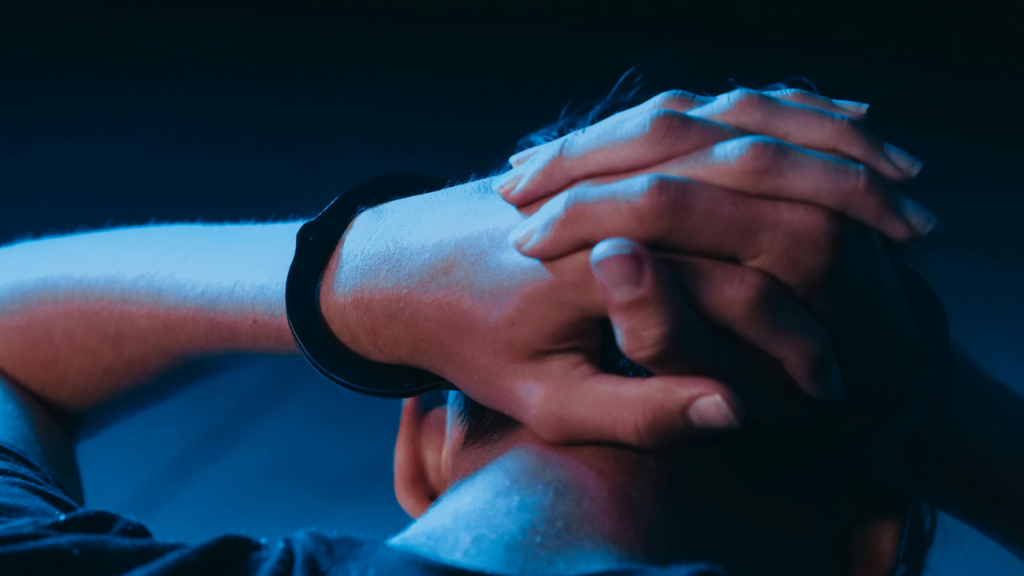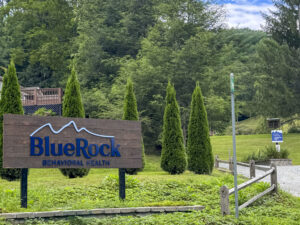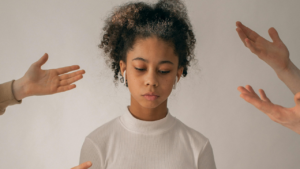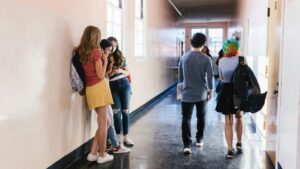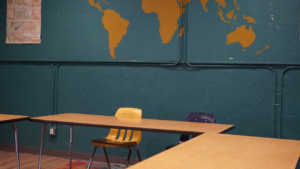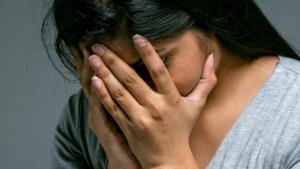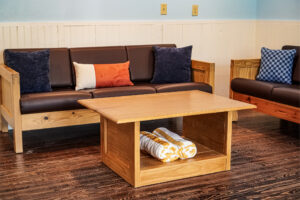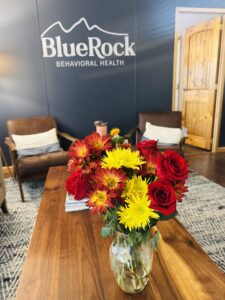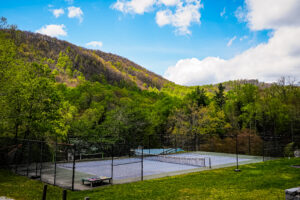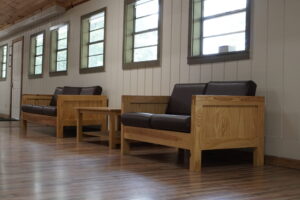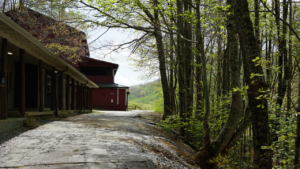The adolescent years represent a critical period when the influence of peers often surpasses that of parents and other adults. For teens struggling with mental health challenges, peer relationships can either contribute to their difficulties or become a powerful force in their recovery journey. At BlueRock Behavioral Health, we recognize the fundamental importance of healthy peer connections in adolescent development and recovery.
The Developmental Importance of Peer Relationships
During adolescence, teens naturally gravitate toward peers as they begin forming their identities separate from their families. This shift is both normal and necessary—teens need to develop social competence, practice independence, and experience belonging among their age group. Through peer relationships, adolescents learn crucial social skills, explore their values and beliefs, and receive emotional support during a time of significant change.
For teens with mental health challenges, this normal developmental process is often disrupted. Many arrive at BlueRock having experienced social isolation, rejection by peers, or involvement with negative peer influences that reinforced unhealthy behaviors. Others may have developed maladaptive social patterns such as people-pleasing, social withdrawal, or aggressive interactions as a result of their struggles.
A Fresh Start in a Supportive Community
Residential treatment provides a unique opportunity for teens to essentially “reset” their social experiences in a supportive environment. At BlueRock, our therapeutic community serves as a social laboratory where teens can develop new relationship patterns under the guidance of trained professionals. Unlike the often harsh social world of typical teenage environments, our community emphasizes respect, responsibility, and authentic connection.
Our 140-acre mountain campus creates a shared living experience where teens form bonds through both structured activities and everyday interactions. The natural beauty and serenity of our Blue Ridge Mountain setting helps reduce social anxiety and provides a backdrop for meaningful connections away from the social pressures and distractions teens typically face.
Structured Opportunities for Healthy Connection
Within our residential program, teens have numerous opportunities to develop social skills through intentionally designed experiences. Group therapy sessions allow teens to practice vulnerability, honest communication, and empathic listening with peers who understand their struggles. Academic activities at our Bearwallow Academy encourage collaboration and support, while recreational time provides natural contexts for friendship development.
What makes these social opportunities particularly valuable is the presence of skilled staff who can guide interactions in the moment. When conflicts arise—as they inevitably do in any community—our team helps teens navigate these challenges using new communication skills and emotional regulation techniques. These “in vivo” learning experiences are far more effective than theoretical discussions about social skills.
The Therapeutic Value of Authentic Peer Relationships
The relationships formed during residential treatment offer unique therapeutic benefits that complement individual and family therapy. Through daily interactions with peers who are also working on their recovery, teens experience several powerful growth opportunities:
Reduced Isolation: Many teens enter treatment feeling that no one understands their struggles. Living with peers facing similar challenges helps normalize their experiences and reduces shame.
Authentic Feedback: Peers often provide feedback that resonates differently than guidance from adults. When a fellow teen points out a counterproductive behavior or acknowledges progress, the message carries special weight.
Mutual Support: Learning to both give and receive support is crucial for long-term wellbeing. The community setting provides daily opportunities to practice this reciprocity.
Conflict Resolution: Learning to address disagreements respectfully and find compromise is an essential life skill. The residential setting ensures conflicts can’t be avoided through withdrawal (as often happens at home) but must be worked through constructively.
Boundary Practice: Teens learn to establish healthy boundaries with peers and respect the boundaries of others—skills that will serve them well in future relationships.
Common Social Challenges in Treatment
The path toward healthy peer relationships is rarely smooth. During their time at BlueRock, teens commonly encounter several social challenges that become important growth opportunities:
Forming Cliques: The tendency to form exclusive friend groups is natural but can undermine community cohesion. Our staff actively encourages inclusive interactions while respecting the importance of close friendships.
Romantic Interests: Adolescent attraction is normal, but residential treatment is not the time for romantic relationships. We help teens understand the importance of focusing on their recovery while learning healthy ways to manage these feelings.
Social Hierarchy: Status concerns are heightened during adolescence. Our program works to create a community where worth is based on character, support of others, and personal growth rather than superficial factors.
Balancing Individual and Group Needs: Learning to be part of a community while maintaining individuality is a crucial developmental task. Our approach helps teens find this balance.
Building Skills for Future Relationships
The social skills developed at BlueRock extend far beyond the treatment setting. As teens prepare to transition home, they take with them new capabilities for forming and maintaining healthy relationships—skills that significantly improve their chances of sustained recovery and wellbeing.
Parents often report that improved social functioning is one of the most noticeable changes in their teens after treatment. Many teens who previously struggled with isolation, conflict, or negative peer influences return home better equipped to seek out positive friendships, communicate effectively, and navigate social challenges.
Our relationship-based approach creates a foundation for these improvements. By experiencing genuine care and connection with both peers and staff at BlueRock, teens develop internal models of healthy relationships that guide their social choices moving forward. The natural setting of our mountain campus, away from the distractions and pressures of everyday teenage life, provides the space needed to develop these new patterns.
Supporting Healthy Peer Relationships After Treatment
As teens transition home, parents can support continued social growth by encouraging participation in positive, structured activities where healthy peer relationships can develop. Finding the right balance between monitoring social choices and allowing age-appropriate independence becomes an important focus.
Many teens benefit from ongoing therapeutic support as they navigate the complexities of reintegrating with peer groups after treatment. The skills learned at BlueRock provide a strong foundation, but applying these skills in different social contexts requires practice and occasional guidance.
At BlueRock Behavioral Health, we believe that learning to form healthy peer connections is not just a component of recovery—it’s essential for long-term wellbeing. Our therapeutic community provides the structured, supportive environment teens need to develop these crucial life skills.
Located at 41 Heros Wy, Hendersonville, NC 28792, our 140-acre campus offers a unique setting where teens can heal, grow, and build lasting relationship skills. If your teen is struggling with mental health challenges and could benefit from our relationship-based approach, contact us at 828-671-3003 to learn more about our program.


